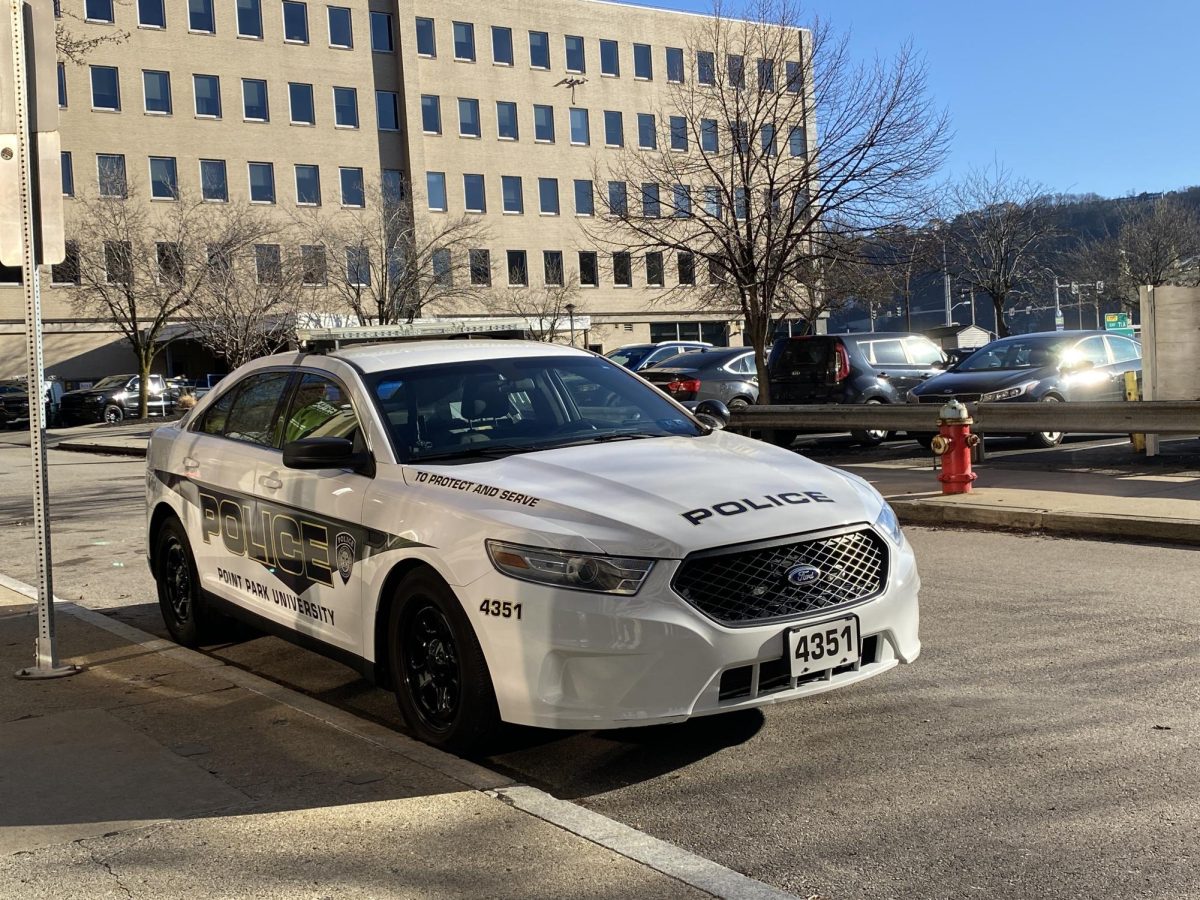Living in Downtown has its perks, but living here also gives an unwanted guarantee: unexplained sirens at seemingly random times of the day.
Maybe you see fire trucks or ambulances exiting the station right next to the Student Center, or maybe you’ve seen a police cruiser fly down Smithfield Street and sigh while wondering what happened this time. Will you know what happened? Unless it’s major, you probably won’t hear the story on your favorite news outlet, or there will be an understandable delay in coverage.
If you want to get an explanation as soon as you hear sirens, you have the option of listening to the radio feed of Pittsburgh police, fire, and EMS. Not only is listening legal, but you get to hear everything from dispatcher responses, exact addresses of where an event is taking place, and the type of response needed. This is nothing new. People have been listening to police radio feeds for decades. Back then, you had to know the exact frequencies to tune into, but now you can just search up a location on websites like Broadcastify, which stream the feeds for free.
Noitceably absent from any online list of frequencies, though, would be Point Park’s police department. Whether that is on Broadcastify or other websites like RadioReference, which list radio frequencies found around the country, they’re just not listed. Point Park is not totally absent from these online directories, as we do have our own section on RadioReference. However, the only callsign listed – “WQJA398” – is just under the title “University Ops.” The callsign does not exactly give away its purpose, and the title of university ops does not reveal much. Assuming it covers everything from the mailroom to maintenance, that is not what we are looking to listen to. There is no mention of public safety, security, or police anywhere on Point Park’s section, while other universities in the Pittsburgh area do have their police departments listening frequencies listed.
There could be two explanations for this. The first reason would be that the people who go all around the city in search of radio frequencies haven’t picked up on those that our police use, which is highly unlikely considering that over 130 radio frequencies are listed in the education tab of RadioReference’s Allegheny County section alone. People who want to search out these frequencies – sometimes referred to as “radio sleuths” are dedicated to their craft, so if they haven’t found a frequency by now, it probably does not exist.
Or the more likely reason being, our police department’s radio is hosted on an encrypted signal that cannot be heard by anybody other than them. This is not a new practice, as most police departments around the country have been replacing their very-high frequency (VHF) radio-based systems with new, digitally encrypted radios under the “Project 25” (P25) protocol. This is mostly done to modernize police departments further, which it is surprising that Point Park police are on top of the radio game while Pittsburgh’s police department only encrypts special operations on a separate frequency from their main scanner feed.
There are advantages to using encrypted signals because anybody can interfere with old VHF radios, jamming public safety communications with just the press of a button. Additionally, bad actors could theoretically listen in to a specific department’s feed to prevent themselves from rightfully being apprehended for a crime.
Our police department may have prepared for these scenarios in advance, but not letting their radio feed be accessible to the public keeps students and other people who wish to listen in good faith out of the loop.
Sure, it is not so simple as just flicking a switch to turn off encryption and allow students to listen in to police operations unrestricted, but it would be nice to get to know important information on incidents as soon as possible. Plus, radio systems have historically been used as a fail-safe means of communicating and listening for information because they’re so reliable. Having access to such information would help students that want to stay in touch with what is going on in or around campus.
While the PointAlert system allows for effective communication from police to any students who have signed up for the service, it is far from perfect. Alerts are only sent out when a student reports on an event and it is seemingly random when crime is reported on. Plus, being able to hear these alerts with more detail, or even hear what does not get sent out in a PointAlert would be beneficial to us all. Encrypted signals are valuable and understandable today, but it also keeps the “public” in public safety, letting us know what happens in the department.




